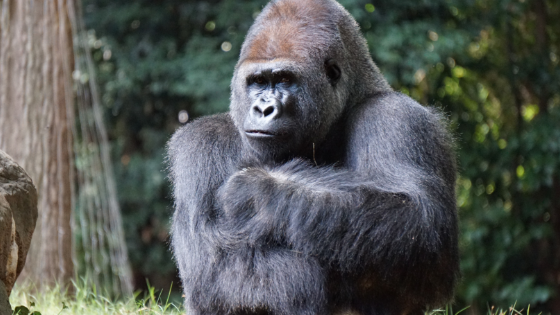
Most of us have seen the famous video with six people passing a basketball among them, and the viewer is meant to count the passes between those in white t-shirts. Meanwhile, a person in a gorilla costume walks past, pauses, thumps its chest and walks out of the frame. The percent of people that miss the gorilla… 50%! The Invisible Gorilla study describes the phenomenon known as selective attention, which indicates that we lose a lot of information to the noise of the environment. It also means that we’re not even aware of what we’re missing.
The brain must filter out what it deems as unimportant, as it can’t consciously process the 11 million bits of stimulus in any given moment. Instead, it is focusing on the 50 or so pieces of information that are deemed essential. Knowledge of how selective attention works can support your interview mastery. Here’s how:
- Understand what your interviewer is after. One of the most important things you can do in an interview is to listen to the questions given by your interviewer. While this sounds obvious, most individuals perform poorly in interviews because they’re not answering the specific question asked of them. Often candidates infer and make assumptions, jumping in to answer a question that isn’t precisely the one that was asked. The risk is that your interviewer may interpret your lack of precision as incompetence.
- Pick up non-verbal queues from your interviewer. The best interviewees focus on the subtleties of their interviewer’s tones, inflections, and behaviors. Is your interviewer animated and expressive or calm and efficient? Whatever they’re style, you should aim to mirror their body language and level of expression. Harvard psychologists Jason Mitchell and his team demonstrated this “in-group” phenomenon in a neuroimaging study that showed when we think about people who are like us, neural activity appears similar to when we think about ourselves. Reflecting an individual’s non-verbal communication will subconsciously signal to them that you’re like them, which is favorable in an interview setting.
For interview mastery, apply both focused selective attention and mirroring principles to your advantage. Then, when you’re ready for the interview, ensure you have robust responses to the three most common interview questions which you can find HERE along with response strategies.

